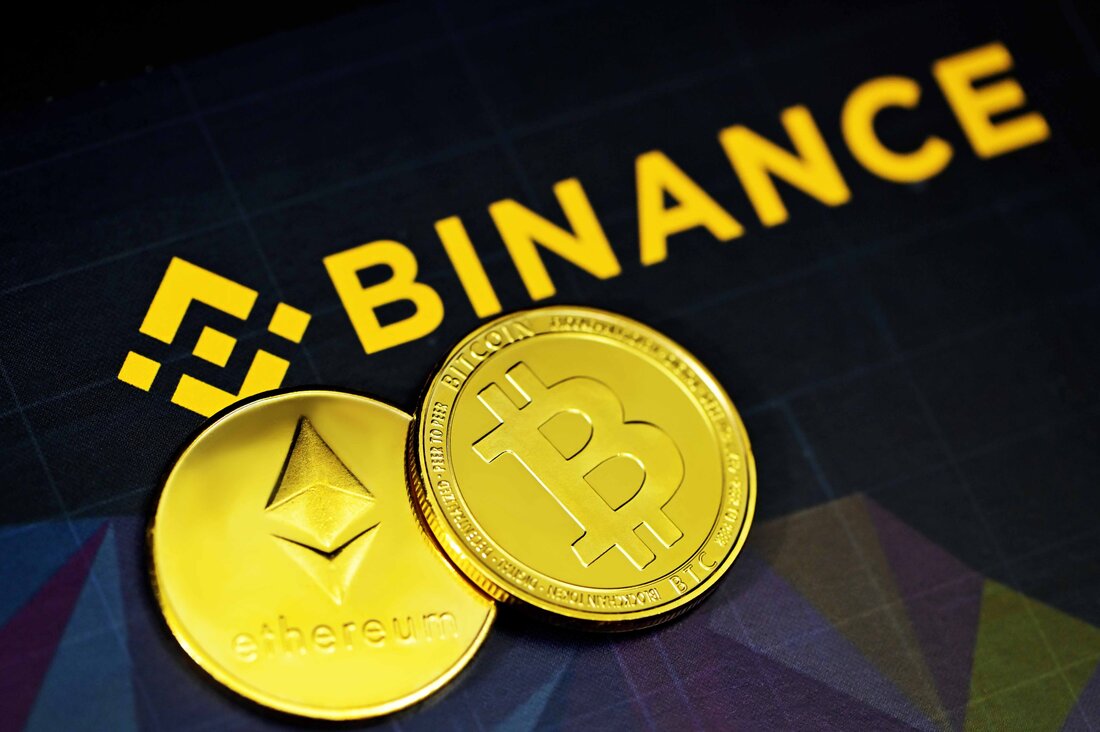From outright ban to hefty fines worth billions of U.S. dollars, Binance continues to face harsh regulatory challenges around the world, making it difficult to make its services available in the affected locations.
The largest cryptocurrency exchange by volume experienced a push back recently in Africa’s largest crypto market, Nigeria, and in the United States, where it agreed to pay penalty for violating federal anti-money laundering.
Unless residents of countries where the largest exchange is blocked use Virtual Private Network (VPN), they can’t buy and sell digital assets. Even when they use VPN, verifying their accounts may become an issue.
Here is the list of countries where Binance has either exited operations or facing some forms of restrictions due to government regulations:
China
- Date: September 2017
- Reason: For bypassing conventional restrictions
Binance began operations in Shanghai July 2017, but the exchange began facing challenges in China following the country’s anti-crypto policy beginning from September 2017, when China banned crypto initial coin offerings (ICOs) and blocked Binane’s website.
In 2021, the People’s Bank of China pronounced all crypto-related transactions illegal, resulting in a widespread ban.
China’s central bank said cryptocurrencies were being used for financial crime, could cause economic instability, and for bypassing conventional restrictions.
Even though crypto is still being traded in the country, Binance moved to Japan and then to Malta and currently has no official company headquarters.
Japan
- Date: December 1, 2023 migration from Binance Global to Binance Japan
- Reason: Offering crypto services without registration
After its exit from China, Japan was Binance’s next bus stop, but it faced the same regulatory difficulty when Japan’s Financial Services Agency (FSA) issued a warning to the exchange on June 25, 2021, that it would not allow it to offer crypto exchange services without registration.
Binance was not completely banned by the Japanese government, the government only requested it to follow local regulations, which it did.
And by December 1, 2023, it discontinued Binance Global in Japan, designing a special domain for its Japanese customers “Binance Japan”.
It said in an announcement that it’s mandatory for its users in the country will have to pass through the Japan Binance verification procedure.
United States
Since it began operations in 2017, the largest cryptocurrency exchange has had it tougher in the United States than any other jurisdiction.

For instance, Binance Global was banned in the U.S. in 2019, making it inaccessible for U.S. citizens.
It scaled through the Crypto environment by registering Binance.US, a separate platform specifically designed to cater for the U.S market and comply with all applicable US federal laws.
Even with Binance.US in place, the company still had issues complying with U.S federal laws.
We saw this violation played out on June 5, 2023, when the U.S Securities and Exchange Commission filed 13 charges against it and its founder over what it describes as violations of U.S. financial laws.
“Among other things, the SEC alleges that, while Zhao and Binance publicly claimed that U.S. customers were restricted from transacting on Binance.com, Zhao and Binance in reality subverted their own controls to secretly allow high-value U.S. customers to continue trading on the Binance.com platform.”
U.S. charges against the exchange read in part.
At some point, it suspended all USD deposits and withdrawals from bank accounts.
After all said and done, the US government slammed the exchange with over $4.3 billion penalty for several violations.
Even with its special platform for the U.S market, it remained banned in six states: Idaho, Louisiana, Texas, Vermont, New York, and Hawaii.
Canada
- Date: May 12, 2023
- Reason: Refusal to register with the Canadian Securities Administrators
It is mandatory for crypto exchanges to register with the Canadian Securities Administrators, any exchanges that can’t comply with the registration guidelines are advised to cease operations in the country. But the exchange was not ready to comply with local regulations.
Even as the home country of the founder, Changpeng Zhao, Binance joins the list of exchanges that have left the Canadian marketplace because they refused to comply with indigenous regulatory guidelines. And in the neighbouring country, he has been found guilty and sentenced to jail in the United States for breaching regulatory guidelines.
“New guidance related to stablecoins and investor limits provided to crypto exchanges makes the Canada market no longer tenable for Binance at this time.
“We put off this decision as long as we could to explore other reasonable avenues to protect our Canadian users, but it has become apparent that there are none,” the exchange said in a statement published on its Twitter handle in May 2023.
Other exchanges that are no longer available in Canada are OKX, decentralized exchange dYdX, Paxos, and Bittrex.
Nigeria
- Date: March 8, 2024 stops support for NGN spot trading pairs
- Reason: Accusation for foreign exchange manipulation and tax evasion
On February 27, 2024, the Governor of Nigeria’s central bank Yemi Cardoso disclosed that more than $26bn was channeled through Binance within a year without a trace.
The disclosure came as Africa’s most populated country was finding ways to stabilize its local currency. Nigeria accused users of using the NGN/USDt pairs to manipulate price, which it said has impacted the Naira.
And by February 29, 2024, two top executives of the exchange were detained upon arrival in Nigeria after a meeting with top security arms of the government.
Even though they were not immediately charged, a media aide to Nigeria’s president accused the exchange for currency manipulation, tax evasion, terrorism financing, and illegal operations.
In 2023, Nigeria’s Securities and Exchange Commission (SEC) accused the exchange of illegal operations.
The country’s lawmakers are also demanding the official arrest of the two Binance executives for tax evasion.
Following the regulatory pressure, Binance in a blog post announced that starting from March 8, 2024, it would stop support for NGN spot trading pairs for all “Nigerian Naira (NGN) services” and advised its Nigerian users to withdraw NGN assets or convert them to crypto.
It said:
“Binance will not support deposits of NGN after 2024-03-05 14:00 (UTC).
“Withdrawals of NGN will not be supported after 2024-03-08 06:00 (UTC)”.
Italy
- Date: July 15, 2021, but later got operational licence
- Reason: For failing to register with Italian financial markets regulator
Before Binance got a nod to operate in Italy on May 27, 2022, it faced some operational difficulties arising from the Commissione Nazionale per le Società e la Borsa (Italian Companies and Exchange Commission), which said the exchange was not authorized to carry crypto activities in the country.
It later registered as a cryptocurrency service provider with “Organismo Agenti e Mediatori” (OAM), in compliance with Italian legal requirements for crypto assets.
France
It faced similar challenges in France until it registered as a “Digital Asset Service Provider” from the AMF in France in early May 2022.
Philippines
On November 30, 2023, the Philippine financial regulators issued a notice to Binance, threatening to block it from accessing the Philippines’ market by the end of February 2024 if it failed to register its services there.
February has ended, but we’re yet to get an update from both Philippines’ Securities and Exchange Commission (SEC) and Binance.
Other jurisdictions where the largest crypto exchange has been issued a warning or restrictions in the past include:
- Australia
- India
- Iran
- Netherlands
- Germany
- Belgium
- Bangladesh
- Vietnam
- Thailand
- Kazakhstan
- Malaysia
- United Kingdom
What do governments want from Crypto exchanges?
From the regulatory hurdles Binance and other exchanges are facing around the world, it is obvious that the target of governments around the world is to bring crypto trading under their tax net.
Governments are not happy about “anonymity”, one of the key features of Bitcoin. They want to know inflows and outflows of funds. Governments will not treat with levity anything that could lead to their powers and authority being subverted by any organisation.
Also, terrorists are more likely to fund their activities through cryptos, so the best way the governments can exercise power and control is to bring every trading platform under their control.


